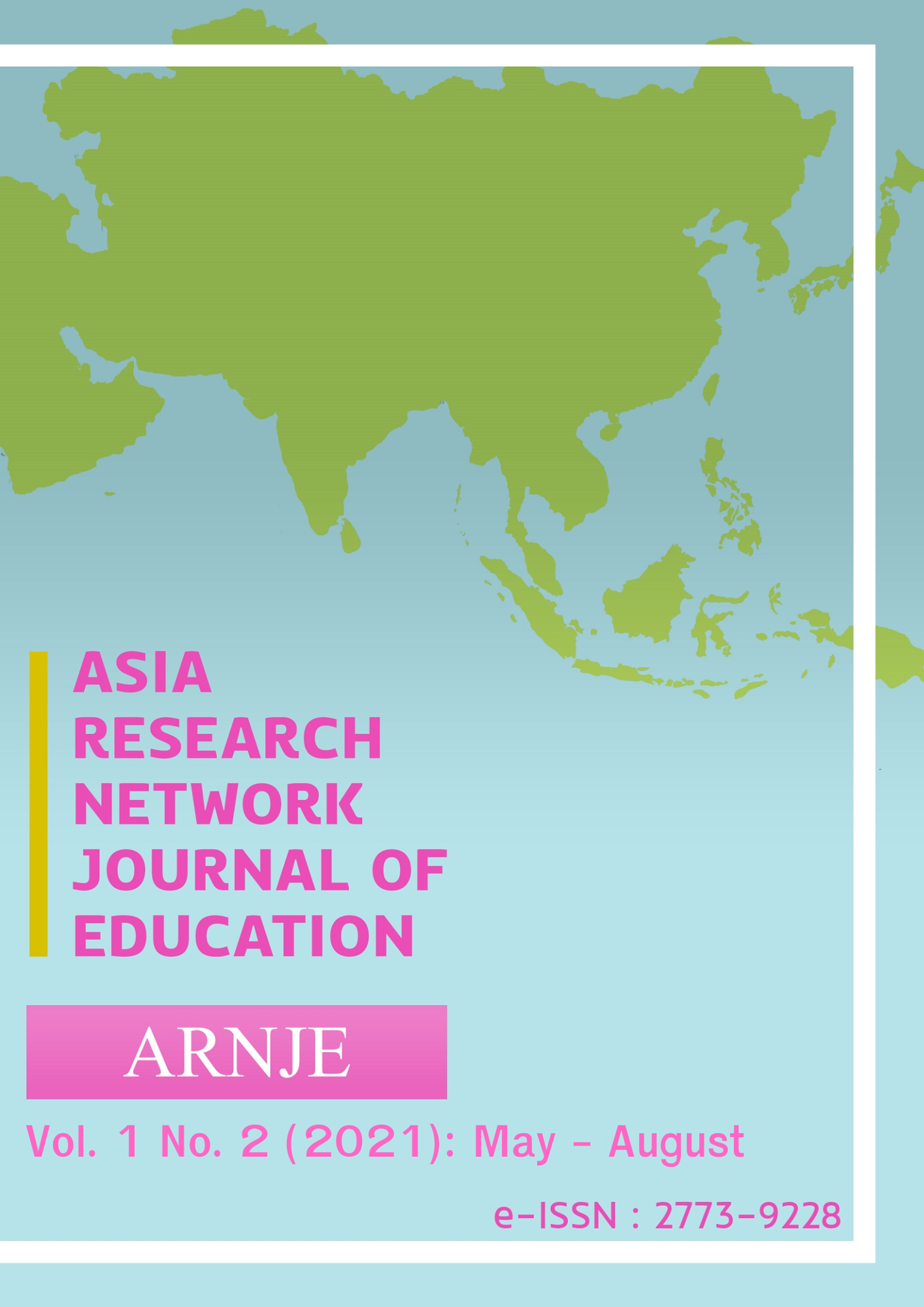Enhancing Grade 11 Students’ Learning and Innovation Skills in the STS Electric Unit
Main Article Content
Abstract
The objective of this study is to investigate grade 11 students’ learning and innovation skills by using science technology society approach. The participants included 35 Grade 11 students, Chiangyuenpittayakhom School, Chiangyuen, Maha Sarakham Province. The STS electric unit was developed by aligned Thailand content standards of electric and electric power regarding on Yuenyong (2006)’s science technology society approach. Methodology regarded interpretive paradigm. Students’ learning and innovation skills were examined when students studied in the STS electric unit. The tools of interpretation included the learning and innovation skills assessment forms (LISA) and the unstructured interview. Data analysis students’ tasks were evaluated and categorized by LISA forms. Then, participant observation, student work sheets and unstructured interview interpretation supported what researchers’ understanding of student learning and innovation skills. The students’ learning and innovation skills were clarified as three aspects with 9 indicators. These included 1) critical thinking and problem solving with 4 indicators, 2) communication and collaboration with 2 indicators, and 3) creativity and innovation with 3 indicators. The findings revealed that there were different levels of students’ competency on learning and innovation skills of the 21st century. Two groups of students’ prototypes (circuit breaker and control breaker) could be interpreted as very good level of students’ competency on learning and innovation skills of the 21st century. Students, who developed prototypes of safe electric wire, could be interpreted as level of good. Other two groups of students, who developed prototypes of electric wire protection and guideline poster for short circuit prevention, could be interpreted as level of fair. The paper also highlights what students developed prototypes of their groups as a solution.
Article Details
Copyright: CC BY-NC-ND 4.0
References
Chitnork, A. and Yuenyong, C. (2018). Grade 10 Thai students’ scientific argumentation in learning about electric field through science, technology, and society (STS) approach. AIP Conference Proceedings. 1923, 030013-1 – 030013-5.
Hynes, M., Portsmore, M., Dare, E., Milto, E., Rogers, C., Hammer, D. et al. (2011). Infusing Engineering Design into High School STEM Courses. National Center for Engineering and Technology Education, (165), 8-13.
Institute for the Promotion of Teaching Science and Technology. (2014). Stem educational activities document. Ministry of Education: Bangkok
Jaikla, S. (2018). Development an Assessment Tools for Learning and Innovation Skills for High School’s Students by Using Performance Based Assessment. Master of Education Thesis in Educational Measurement and Evaluation, Graduate School, Khon Kaen University.
Ladachart, L and Yuenyong, C. (2017). Using scientific-inquiry activities for developing teachers' and supervisors' scientific literacy. Kasetsart Journal of Social Sciences, 38 (1), 482-492
Ngaewkoodrua, N., and Yuenyong, C. (2018). Teachers’ learning on the workshop of STS approach as a way of enhancing inventive thinking skills. AIP Conference Proceedings. 1923, 030030-1 – 030030-11.
Nongkhunsarn, A Yuenyong, C Tupsai, J Sranamkam, T. (2019). Grade 11 Student’s Mental Model of Fluid and Analytical Thinking in Science Teaching Through Science Technology and Society (STS) Approach. Journal of Physics: Conference Series, 1340 (1), 012043 (SCOPUS)
Ministry of Education . (2008). The Basic Education Core Curriculum B.E. 2551. Bangkok : The Agricultural Cooperative Federation of Thailand
Seattha, P., Yuenyong, C., and Art-in, S. (2015). Developing STS circular motion unit for providing students’ perception of the relationship between science technology engineering and mathematics. Mediterranean Journal of Social Sciences, 6(3), 268-275.
Sutaphan, S. Yuenyong, C. (2019). STEM Education Teaching approach: Inquiry from the Context Based. Journal of Physics: Conference Series, 1340 (1), 012003 (SCOPUS)
Tupsai, J., Bunprom, S., Saysang, J., Yuenyong, C. (2019). Students’ Applying STEM Knowledge in Learning on the STS-STEM Education Wave Learning Unit. Journal of Physics: Conference Series, 1340 (1), 012054
Wongsila, S. and Yuenyong, C. (2019). Enhancing Grade 12 Students’ Critical Thinking and Problem-Solving Ability in Learning of the STS Genetics and DNA Technology Unit. Journal for the Education of Gifted Young Scientists, 7(2), 215-235.
Yuenyong, C. (2017). Enhancing Thai Students’ Thinking Skills about Energy issues: Influence of Local Values. Chemistry: Bulgarian Journal of Science Education, 26 (3): 363 – 376
Yuenyong, C. (2019). Lesson learned of building up community of practice for STEM education in Thailand. AIP Conference Proceedings. 2081, 020002-1 – 020002-6.


